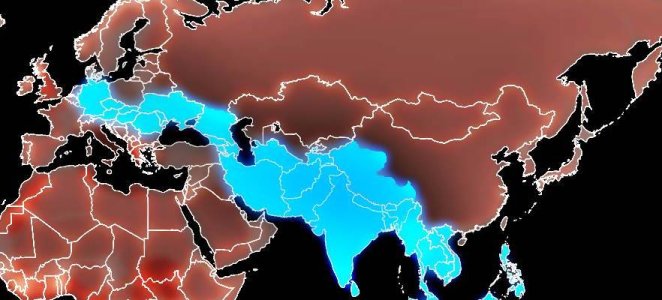Bigboii
First Class Star
- Joined
- Jan 16, 2020
- Runs
- 3,813
- Post of the Week
- 1
So in a different thread I asked the same question but after researching this topic I thaught it's not a purely historical question and it deserves a new thread.
I came across some Hindu nationalists (on the internet) claiming that Afghanistan is part of akhand Bharat which I thaught was kinda wrong (not totally but mostly wrong)
So posters who believe that Aghanistan is or isn't part of the Akhand Bharat what's your reasoning ?
I came across some Hindu nationalists (on the internet) claiming that Afghanistan is part of akhand Bharat which I thaught was kinda wrong (not totally but mostly wrong)
So posters who believe that Aghanistan is or isn't part of the Akhand Bharat what's your reasoning ?
















 , why not, and China too.
, why not, and China too.